Our conversations with Dr. Scott Hahn are always fascinating and enlivening, but this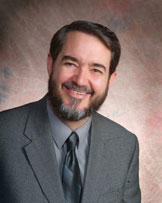 one in particular soared higher than others. Dr. Hahn shared a very special aspect of his life – his love for the spirituality of Opus Dei. He shares with us how this charism, based on the insights and teachings of the movements founder St. Josemaria Escriva, changed his life.
one in particular soared higher than others. Dr. Hahn shared a very special aspect of his life – his love for the spirituality of Opus Dei. He shares with us how this charism, based on the insights and teachings of the movements founder St. Josemaria Escriva, changed his life.
Podcast: Play in new window | Download (Duration: 46:38 — 42.7MB) | Embed
Subscribe: Apple Podcasts | Spotify | Amazon Music | Android | Pandora | iHeartRadio | JioSaavn | Podchaser | Gaana | Podcast Index | Email | TuneIn | Deezer | Anghami | RSS | More
Reviews of the book:
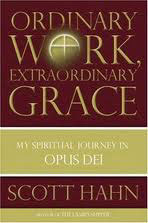 “If you want the real story about Opus Dei, Scott Hahn will give you the shocking truth—the shock of a Gospel life lived effectively in the midst of the world. Like all his other books, this one will challenge your view of the Christian life.”
“If you want the real story about Opus Dei, Scott Hahn will give you the shocking truth—the shock of a Gospel life lived effectively in the midst of the world. Like all his other books, this one will challenge your view of the Christian life.”
—Father Benedict J. Groeshcel, C.F.R., author of Arise From Darkness
“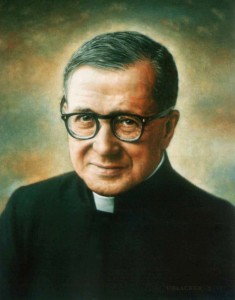 Scott Hahn’s abilities as a scholar, teacher, and writer are already well known. But the story of his journey to Opus Dei that emerges here, and his portrait of The Work remind us that each of us, no matter what our vocation or state of life, is called to holiness. This is compelling reading.”
Scott Hahn’s abilities as a scholar, teacher, and writer are already well known. But the story of his journey to Opus Dei that emerges here, and his portrait of The Work remind us that each of us, no matter what our vocation or state of life, is called to holiness. This is compelling reading.”
—Charles J. Chaput, O.F.M. Cap., Archbishop of Denver

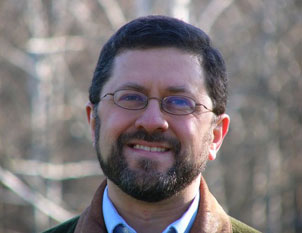
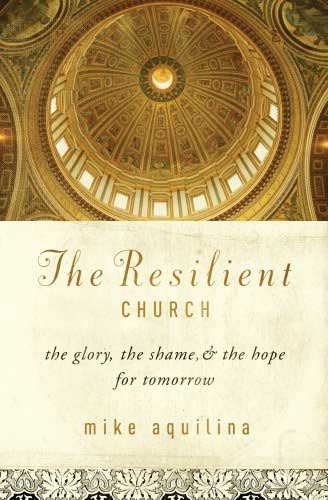
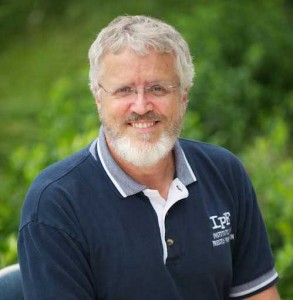




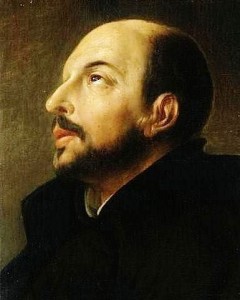
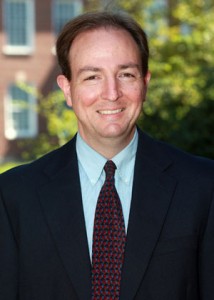
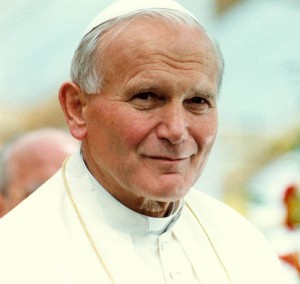
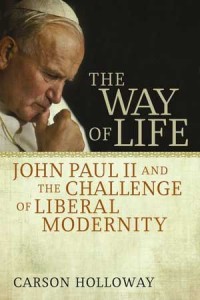
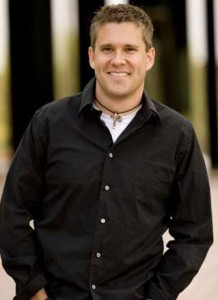
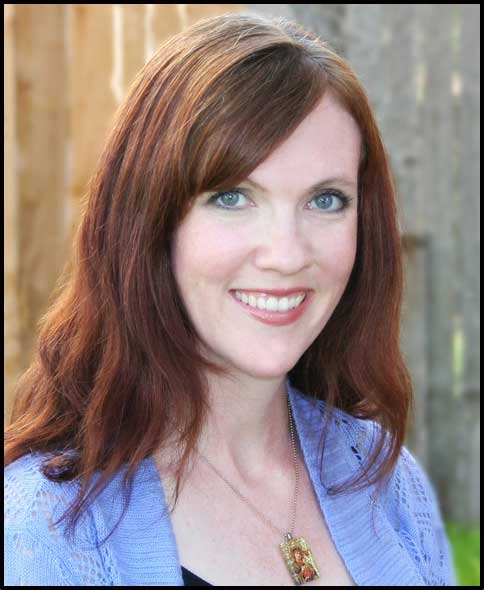
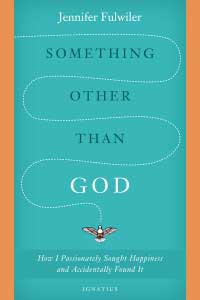
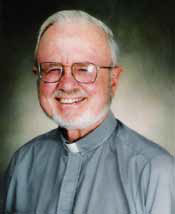 Experiencing the Love at the Heart of the Trinity”!
Experiencing the Love at the Heart of the Trinity”!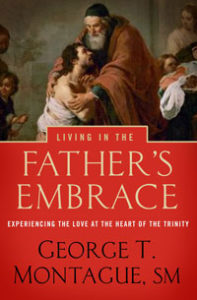 You can find the book
You can find the book 